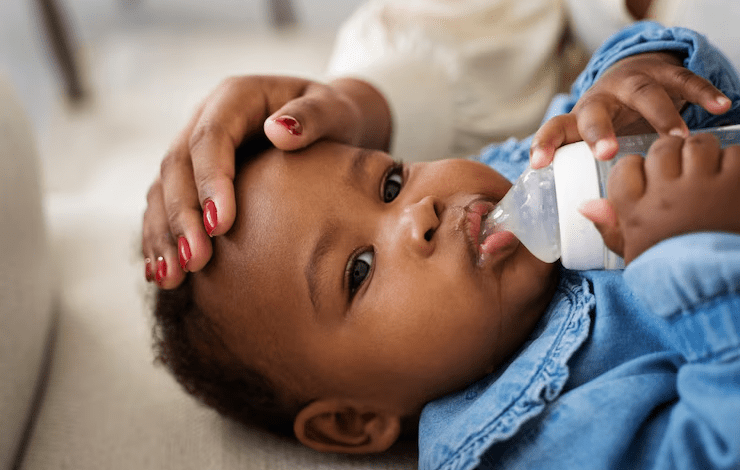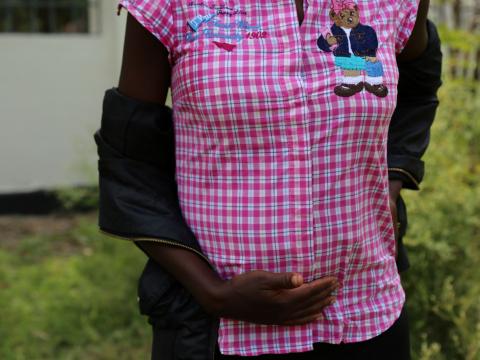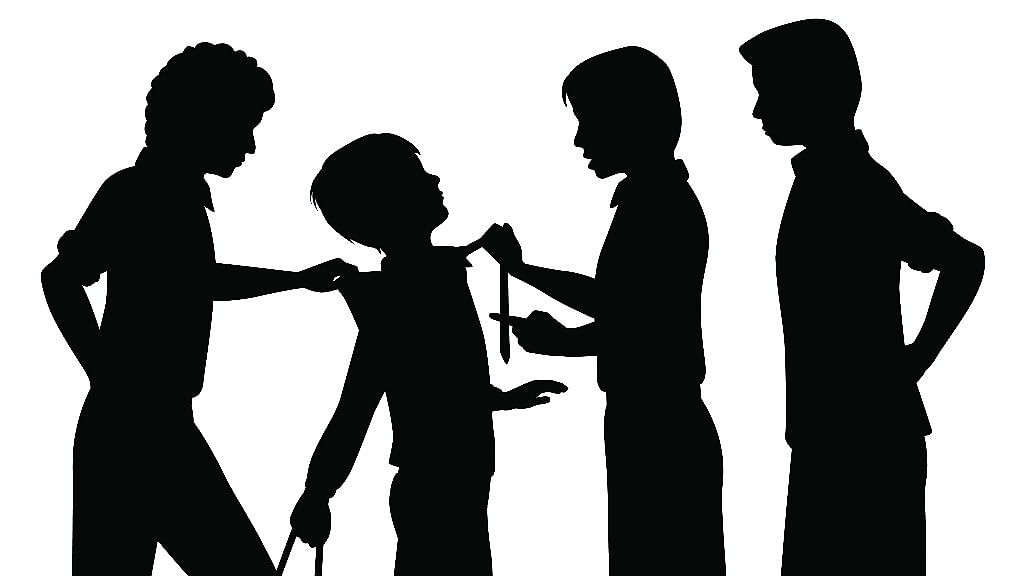Managing your child’s allergies

One of the most common concerns for first-time parents is their children’s health. A little cough gets a first time parent worried and they think of the worst case scenario while in real life, the issue could just be a simple allergy.
An allergy is an abnormal immune system reaction to substances known as allergens, which are usually innocuous to most individuals. The good thing about allergies is that they can be managed as long as they get detected.
This causes symptoms that range from simply unpleasant to potentially fatal. Examples of common allergens include certain foods, dust, plant pollen, and medications.
Detecting allergens involves recognizing the symptoms. Allergies in children might be manifested through sneezing, itching, rashes, stomach ache, or even breathing problems.
Being aware of these symptoms is the first step in determining potential allergies. Keep a diary of any allergic reactions your child has and write down any likely triggers. This information will be extremely useful when consulting your pediatrician or allergist.
Once you have discovered your child’s allergens, the best thing to do is avoid it completely. However sometimes it’s not that easy. So how do we manage them?
Here is a simple guide to managing your child’s allergies:
Managing food allergies
Food allergies can be daunting. Read food labels carefully, and teach your child to identify and avoid items that cause allergies. Inform caregivers, schools, and friends’ parents about your child’s allergies so that they can be safe outside the home.
Managing environmental allergies
Minimize pollen, dust mite, and pet dander exposure as much as possible. During heavy pollen seasons, keep windows closed, use air purifiers, and wash bedding frequently with hot water. To reduce dust mites, regularly vacuum carpets and upholstered furniture. If pets are a trigger, establish pet-free zones around your home, especially in your child’s bedroom.
Medical care
For medication, ALWAYS make sure you have antihistamines nearby and, if prescribed, an epinephrine auto-injector in case of emergency.
Empower your child
Teach your child about their allergies. Assist them in understanding the foods and environments they should avoid, as well as what they are allergic to. Also encourage them to talk to their teachers and friends about their allergies.
Cultivate open communication
Finally, create an atmosphere where your child feels comfortable talking to you about their allergies. Encourage them to share any concerns or symptoms they may be having. You can help your child manage their allergies with ease and confidence by being proactive and well-informed.
With these measures, you can help your child have a safe and happy childhood despite their allergies. Always speak with healthcare professionals if you require more medical assistance.







